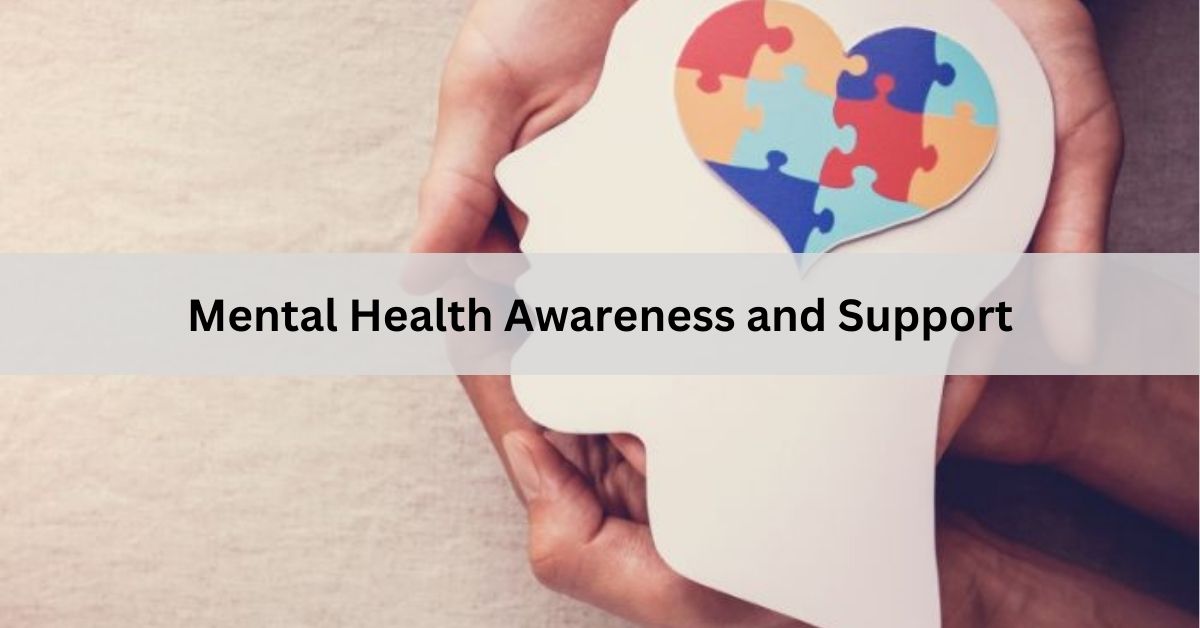Understanding Mental Health
Mental health encompasses our emotional, psychological, and social well-being. It affects how we think, feel, and act, influencing our ability to handle stress, relate to others, and make choices. Mental health is essential at every stage of life, from childhood and adolescence through adulthood. Unfortunately, mental health issues are often misunderstood or stigmatized, making it crucial to raise awareness and provide support.
Common Mental Health Issues
Several mental health issues are prevalent today, including anxiety disorders, depression, bipolar disorder, and schizophrenia. Anxiety disorders are characterized by excessive fear or worry, while depression involves persistent sadness and a lack of interest or pleasure in daily activities. Bipolar disorder causes extreme mood swings, and schizophrenia affects a person’s ability to think clearly, manage emotions, and interact with others.
The Importance of Early Detection
Early detection of mental health issues can significantly improve outcomes. Recognizing the signs and symptoms, such as changes in mood, behavior, or personality, can lead to timely intervention. Early intervention often involves counseling, medication, or a combination of both, tailored to the individual’s needs. Educating the public about these signs and reducing the stigma surrounding mental health can encourage more people to seek help early.
Available Support and Treatment Options
There are various support and treatment options for those struggling with mental health issues. Psychotherapy, or talk therapy, is a common treatment that involves working with a mental health professional to identify and change troubling emotions, thoughts, and behaviors. Medication can also be effective, particularly for conditions like depression and anxiety. In some cases, a combination of therapy and medication is the best approach.
The Role of Community and Social Support
Community and social support play a vital role in mental health. Family, friends, and support groups can provide emotional assistance, practical help, and a sense of belonging. Encouraging open conversations about mental health and creating supportive environments can reduce feelings of isolation and promote recovery.
Workplace Mental Health
Mental health in the workplace is increasingly recognized as critical to employee well-being and productivity. Employers can support mental health by creating a positive work environment, offering mental health resources, and promoting work-life balance. Stress management programs, flexible working conditions, and mental health training for managers can also help employees manage stress and maintain good mental health.
Reducing Stigma and Promoting Mental Health Literacy
Stigma surrounding mental health can prevent individuals from seeking help. Public education campaigns and community initiatives can help reduce stigma and increase mental health literacy. Understanding that mental health conditions are common and treatable can encourage more people to seek the help they need.
Government and Policy Initiatives
Governments and policymakers have a role in promoting mental health. Funding for mental health services, implementing policies that support mental health in schools and workplaces, and ensuring access to affordable care are crucial. Initiatives like mental health awareness days and campaigns can also help highlight the importance of mental health.
Self-Care and Personal Strategies
Self-care is an essential component of mental health. Regular exercise, a balanced diet, adequate sleep, and mindfulness practices like meditation can improve mental well-being. Setting realistic goals, staying connected with loved ones, and seeking professional help when needed are also important strategies.
Technology and Mental Health Support
Technology has opened new avenues for mental health support. Online therapy platforms, mental health apps, and virtual support groups provide accessible and flexible options for individuals seeking help. While technology can enhance mental health care, it’s essential to ensure the quality and effectiveness of digital resources.
Conclusion
Mental health awareness and support are crucial for fostering a healthy, productive society. By understanding mental health, recognizing the signs of mental health issues, and knowing the available support and treatment options, we can create a more supportive environment for those in need. Reducing stigma, promoting mental health literacy, and encouraging self-care are vital steps in improving mental health outcomes. Let’s work together to make mental health a priority, ensuring that everyone has access to the care and support they need to lead fulfilling lives.

























+ There are no comments
Add yours